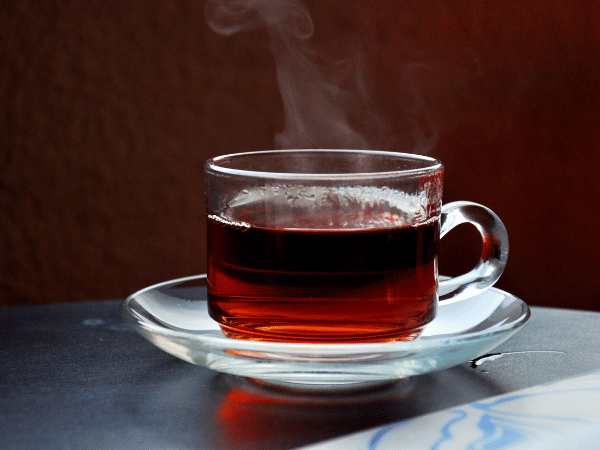Ceylon tea – by Nadeeka – eLanka

Ceylon tea is a type of tea that originated in Sri Lanka, formerly known as Ceylon. The history of Ceylon tea dates back to the 19th century, when British colonialists introduced tea cultivation to the island nation. Prior to this, the main cash crop in Sri Lanka was coffee, but a fungal disease devastated the coffee crops, leading to a switch to tea production. By the 20th century, Ceylon tea had become a major export for Sri Lanka, and the country became one of the largest tea producers in the world. Today, Ceylon tea is renowned for its high quality and unique flavor profile, and continues to be an important part of Sri Lanka’s economy and cultural heritage.
James Taylor is widely considered the “father of Ceylon tea.” He was a Scottish planter who introduced tea cultivation to Sri Lanka (then known as Ceylon) in 1867. He established a tea estate in the Loolkandura area near Kandy, and began experimenting with tea production on a small scale. His efforts proved successful, and within a few years, tea had become a major export for Sri Lanka, eventually replacing coffee as the country’s main cash crop. Taylor is credited with laying the foundations for Ceylon tea, which is now renowned for its high quality and unique flavor profile, and remains an important part of Sri Lanka’s economy and cultural heritage.
The tea industry in Sri Lanka is a crucial component of the country’s economy, and one of its largest foreign exchange earners. It employs a large percentage of the population, particularly in rural areas, and has helped to raise living standards and improve social conditions. The tea industry in Sri Lanka is known for producing high-quality tea, particularly black tea, which is exported to countries around the world. In recent years, the industry has faced challenges, including declining prices, changing consumer preferences, and increasing competition, but it remains an important part of the country’s heritage and cultural identity. The government of Sri Lanka and various private sector organizations are working to promote and support the tea industry, through measures such as research and development, marketing, and the expansion of value-added product lines.
Sri Lanka tea is considered some of the best in the world for several reasons:
- Climate and soil conditions: Sri Lanka’s unique climate and soil conditions, which include high altitude, tropical heat, and nutrient-rich soil, provide the ideal environment for tea cultivation.
- Traditional production methods: Sri Lanka has a long history of tea production, and its traditional methods, which involve hand-picking the tea leaves and processing them using natural methods, are still widely used today.
- Unique flavor profile: Ceylon tea is known for its unique flavor profile, which is characterized by its bright color and full-bodied taste. This is due in part to the high-altitude growing conditions and the use of traditional production methods.
- Consistent quality: Sri Lanka’s tea industry has a strong commitment to quality, and the country is known for producing consistently high-quality tea, batch after batch.
- Sustainability: The tea industry in Sri Lanka places a strong emphasis on sustainability, with many tea producers taking steps to reduce their environmental impact and ensure fair labor practices.
These factors, along with Sri Lanka’s rich history and cultural heritage, have helped to establish Ceylon tea as one of the best teas in the world.








